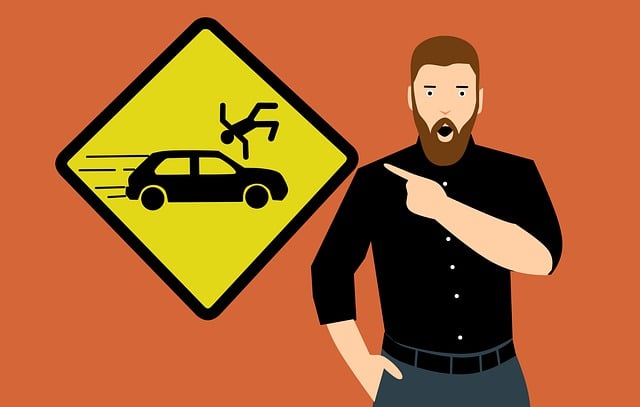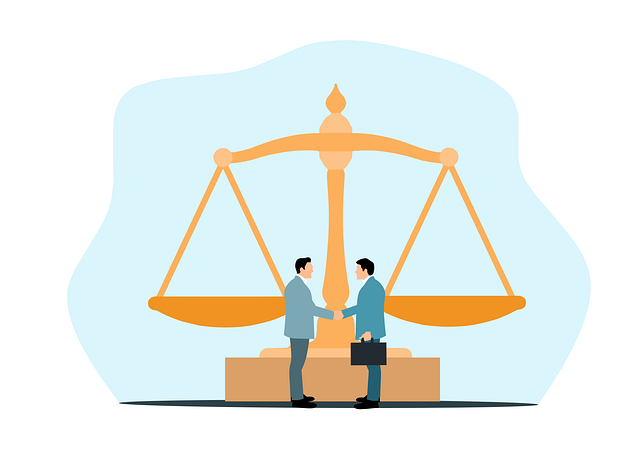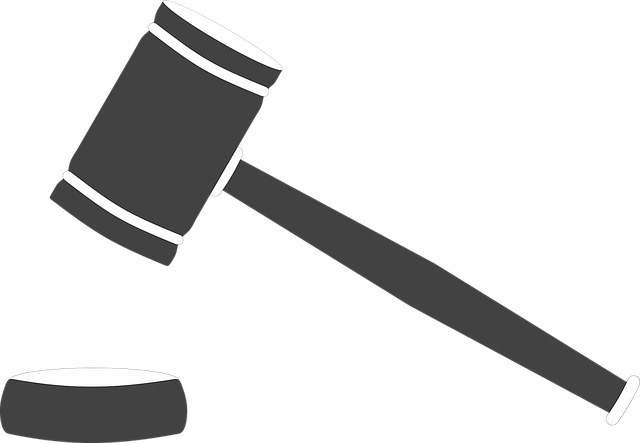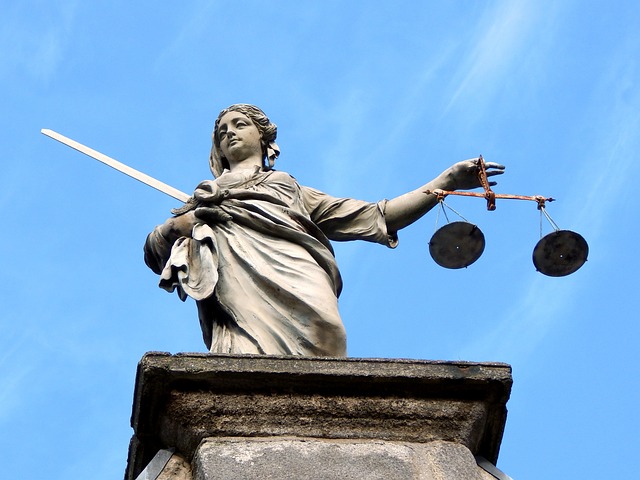Determining liability is a complex process in Miami's personal injury cases, with various parties potentially responsible for accidents and their consequences. From driver negligence to property owner duties, understanding legal responsibility is crucial for accident settlement Miami. Florida's strict rules on fault assignment, contributory negligence, and specific accident types impact compensation amounts. For victims, ensuring fair redress requires navigating these intricate dynamics, especially in cases like slip and falls or nursing home neglect.
In the dynamic city of Miami, understanding liability in accident settlement claims is paramount for victims seeking justice. This comprehensive guide delves into the intricate process of determining negligence, where we explore who bears responsibility in personal injury cases under Florida law, emphasizing the roles of negligence and contributory negligence. We then navigate the calculation of damages, dissecting medical expenses, lost wages, and pain and suffering valuations. Furthermore, we demystify settlement negotiations, guiding readers on accepting or rejecting offers based on their implications. Discover crucial insights tailored to Miami’s legal landscape for successful accident settlement strategies.
- Determining Liability in Miami Accident Settlement Claims
- – Who is considered liable in personal injury cases?
- – The role of negligence and contributory negligence in Florida law
Determining Liability in Miami Accident Settlement Claims
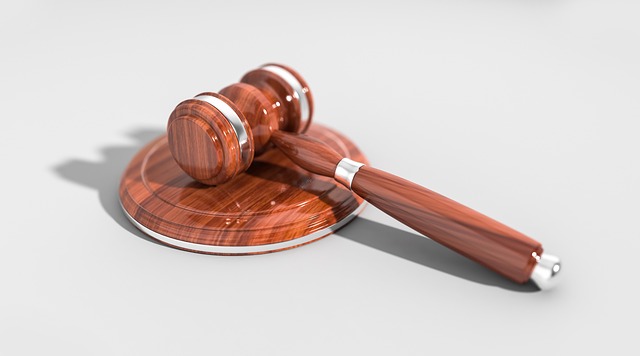
In Miami accident settlement claims, determining liability is a meticulous process that involves carefully examining various factors and evidence. The primary goal is to ascertain who or what entity is legally responsible for an accident resulting in injuries or damages. This includes evaluating the actions of all parties involved, such as drivers, businesses, property owners, and healthcare providers. In many cases, multiple parties may share responsibility, known as joint liability, where each party’s negligence contributes to the accident. For instance, a driver running a red light, a store with slippery flooring, or a healthcare provider with caregiver negligence can all be held accountable in an accident settlement Miami claims process.
Serious injuries resulting from accidents often trigger more complex liability scenarios. When determining compensation, the court may consider not just the immediate physical harm but also the long-term impact on the victim’s life. This could involve evaluating medical expenses, loss of income, and even psychological trauma. Furthermore, in cases where there’s a breach of fiduciary duty—such as negligence by a healthcare professional or caregiver—the potential for significant financial repercussions increases. Understanding these liability dynamics is crucial when navigating Miami accident settlement claims to ensure fair compensation for all parties involved.
– Who is considered liable in personal injury cases?
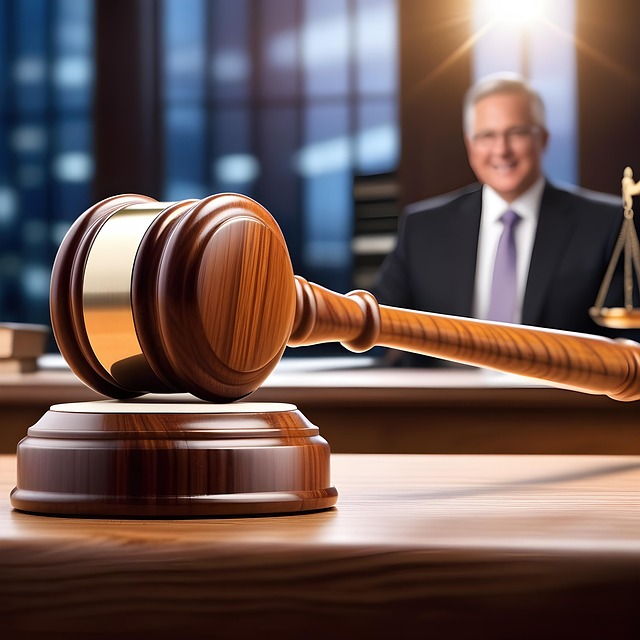
In personal injury cases, determining liability is a crucial step in any accident settlement Miami claim. Generally, the at-fault party or parties are held responsible for compensating the victim for their injuries and related damages. This can include individuals, businesses, or even governmental entities, depending on the circumstances of the accident. For instance, if someone slips and falls on a poorly maintained property, the property owner might be considered liable. Similarly, in caregiver abuse cases where a patient suffers harm due to neglect or improper care by their caregiver, the caregiver or the facility could be held accountable.
When it comes to auto accident lawyer representation, understanding liability is pivotal as it dictates the strength of the case and potential compensation. Insurance disputes often arise when determining who is liable, especially in cases where multiple parties might share fault. In Miami, the legal system employs strict rules for assigning liability, ensuring that victims receive fair compensation for their injuries and losses suffered due to someone else’s negligence.
– The role of negligence and contributory negligence in Florida law
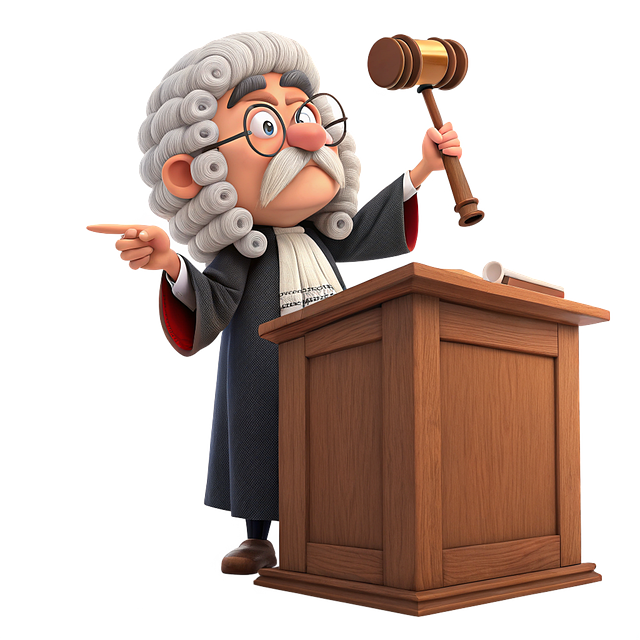
In Florida, including Miami, understanding liability is crucial when navigating accident settlement claims. Negligence plays a significant role in personal injury cases, where plaintiffs must prove that a defendant owed them a duty of care, breached that duty, and their actions directly caused the plaintiff’s injuries. The state’s laws also recognize contributory negligence, which means that if a plaintiff is partially at fault for an accident, their compensation may be reduced or eliminated. This concept ensures that individuals are not rewarded for their own negligent behavior.
When it comes to specific types of accidents, such as nursing home neglect or slip and fall injuries in Miami, liability can become more complex. For instance, in a slip and fall case, businesses and property owners have a duty to maintain safe premises. If they fail to do so and someone slips and falls due to their negligence, the victim may be entitled to compensation. However, if the victim was also contributing to the hazard, like leaving a drink on the floor, the insurance coverage dispute might become more intricate, potentially impacting the final settlement amount.
When navigating an accident settlement claim in Miami, understanding liability is paramount. Florida’s legal framework, emphasizing negligence and contributory negligence, dictates who can be held responsible for personal injuries. By comprehending these principles, individuals involved in accidents can better assess their rights and options, ensuring they receive fair compensation for their Miami accident settlement.
